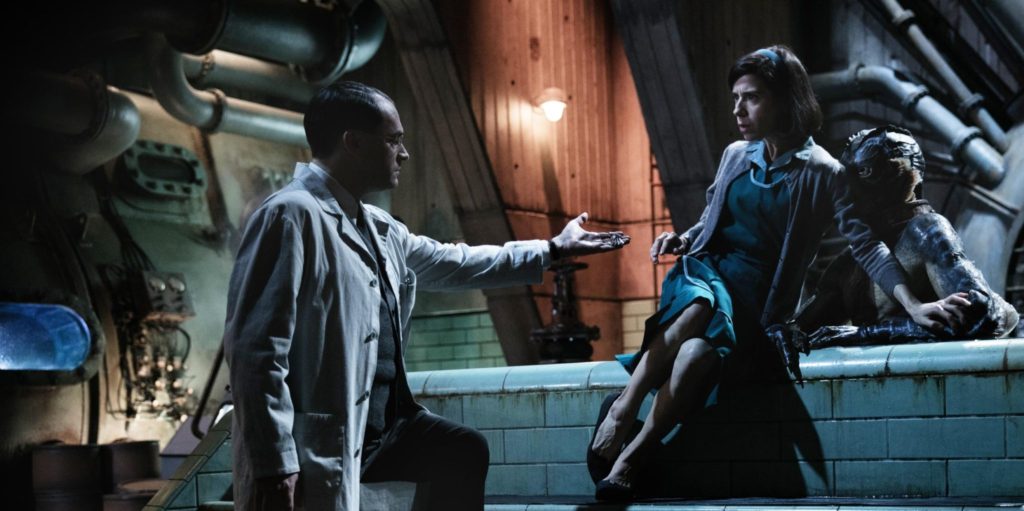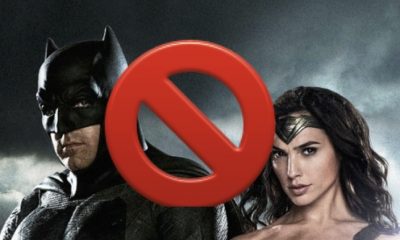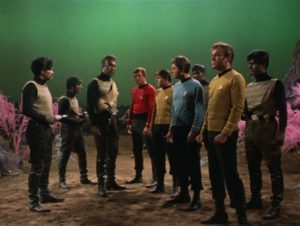The Intersection: Context, Honor, and the Strong Female Character™

I told myself I wouldn’t write this essay. I’m not a fan of publicly criticizing another writer’s work, particularly a living author’s work. I’ll never do that to anyone. It’s not cool, and it’s definitely not professional. However, there’s a distinction between criticizing a work in order to make yourself look bigger and genuinely criticizing a work because it’s a culturally significant piece requiring extensive deconstruction in order to examine its effect upon those who it is supposedly supporting. I’ve had this discussion with other authors who happen to be women—and well…it’s time, guys. I’ll add that if you’re a fan of the novels I’m about to discuss, no matter your gender, good for you. I’m happy you found something you enjoy. That’s what SF fandom is all about: finding the thing you love. I don’t disrespect fans for their fandom. Therefore, the following is not a personal attack. It doesn’t mean the author is a bad person, either. It doesn’t even mean that the series in question should never have gotten published.[1] Got it? Cool. [deep breath] Now, let’s do this.
Month of Joy: Things That Bring Me Joy by Stina Leicht

I love my friends deeply. I’m closer to my friends than I am to certain members of my family. As I see it, friends are the family you get to select for yourself. One of my favorite things to do with friends is to discover stuff. A friend of mine dropped in from Canada recently, and we went to a restaurant I’d never gone to before. Then we went to a nightclub I didn’t know about and watched a band play that I’d never heard before. I even learned how to swing dance for the first time. We capped it off with a visit to a vintage candy store filled with the sorts of candy you remember from childhood. That was a wonderful, memorable evening. I love music. It’s a big part of my creative side and is important to my writing process. I’m always looking for new music. As it happens, one of my best friends used to be a professional DJ, and one of our favorite things to do is to invite a close-knit group of friends over to drink, chat, and listen to music.
The Intersection: The Shape of Water

I am a Guillermo del Toro fan. Mind you, I didn’t discover him until Pan’s Labyrinth in 2006, but I made up for it. (And if you haven’t seen The Devil’s Backbone and The Orphanage, you absolutely should.) So, when I heard he was doing a Creature From the Black Lagoon kind of film with extra-added romance, I was all in. The preview can be found here. My expectations, based upon the trailer, were something between Creature From the Black Lagoon and Edward Scissorhands. I thought it would be creepy and sad because that’s Guillermo del Toro’s work, and he does it very, very well. However, this time I was surprised. The film is gorgeous. All his films tend to be, and it’s obvious that every visual aspect is carefully chosen. The creature makeup and design was exactly right. The costumes are impeccable. I think the film is set in 1961 or possibly 1962.[1] The cast is amazing, and I was very happy to see Octavia Spencer. She’s wonderful as Zelda Fuller, Elisa Esposito’s coworker. Interestingly enough, this film is a Feminist one—unlike the original Creature From the Black Lagoon which features a monster kidnapping a white woman so he can have his way with her and a hero who must save her from being plundered. In this case, the two roles are switched. The villain in The Shape of Water is played by Michael Shannon and is a walking, talking sack of toxic masculinity which particularly fits the era—a time when square-jawed heroes featured heavily in film and literature. It was nice to see that role as the antagonist. Even the Russians (the standard Big Bad of the ’50s and ’60s) weren’t as awful. I appreciated that.
The Intersection: Ghosts in the Genre Machine

The other day I heard a rumor about DC’s future plans for Wonder Woman that really pissed me off: the writers are considering ‘shipping Wonder Woman with Bruce Wayne. On the surface, that sounds harmless enough—that is, until you consider this thing called “context.” With that in mind, I’m going to make an unambiguous statement. Repeatedly demonstrating via story (in media and literature) that women are not complete beings without being in a relationship with a man is damaging. It props up patriarchal narratives on the non-value of women. It reduces them to one fate: being the property of a man. “OMG! How can you say that, Stina? Aren’t you married?” Why, yes, I am. I’m all for relationships in general. They make humans more empathetic. We don’t live in a world filled with an overabundance of love and empathy. Let’s have more, please! Confused? Let’s go back to that ‘context’ word. You see, there’s a reason that two of the most powerful fictional women on television when I was a child (Samantha from Bewitched and Jeannie from I Dream of Jeannie) had their powers taken from them and/or were severely restricted when they married.
The Intersection: Day of the Dove

“And so we drift in space… with only hatred and bloodshed aboard.” —Captain Kirk, “Day of the Dove,” Star Trek 1968 2017 has been a hard year to be a writer and not only because the Trump administration has been doing its best to remove all options for affordable, effective healthcare—something that freelancers depend upon entirely (and all professional fiction writers are, in fact, freelancers)—but also because with horrific event after horrific threat (Hello, North Korea), fiction writing begins to feel superfluous. Worse, if you’re like me and you enjoy writing stories about people trying to be their best selves in extreme situations like war, then you start to wonder if you’re contributing to the problem. They’ve been daunting, these thoughts. The only ray of light is the knowledge that I’m not the only one. In any case, I needed to stop thinking about the shooting in Las Vegas for a while. Star Trek, particularly original Trek, is comfort viewing. Interestingly enough, the episode I happened upon was one of the particularly fitting ones. It’s titled Day of the Dove.
The Intersection: IT

I’m a Stephen King fan. He’s not perfect. No writer is. To this day, I still love his work. Anyway, I read IT ages ago, and the book gave me nightmares. My experience with the book was mostly positive. Mostly. One of the things that I like about King is that his characters often choose to be their better selves under dire circumstances. Also, in The Stephen King-verse, violence isn’t always the answer. I adore that. Of course, this philosophy complicates the task of writing a satisfying ending. Audiences want to see the Big Bad™ roughed up. This is why employing “Love defeats Hate” isn’t a simple or easy way to write a story. And this is why the end of IT…stumbles. To make matters worse, the novel suffers from one of the worst tropes when it comes to female characters: the “Woman equals Love” trope, even the children’s part of the story. The newest movie has similar issues, but at least it didn’t involve raping an eleven/twelve year old girl. I do like the novel—just not that part of it. Which is why I was relieved it wasn’t in this movie. (Thank the gods.)

